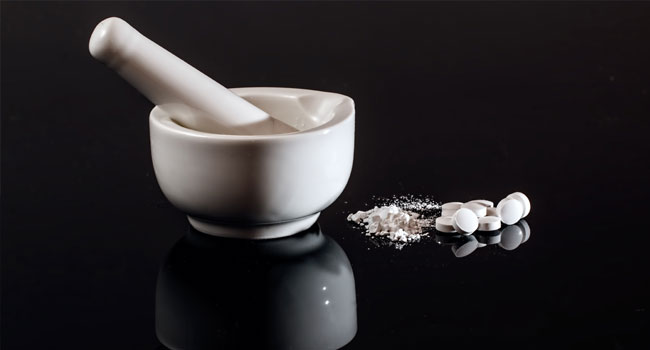
Starting an Opioid Pain Med? Know This Risk Factor
May 11, 2017
Can Acupuncture Solve Your Pain Problem?
July 16, 2017As you may have read in the news, Tiger Woods is recovering from a recent back surgery – his fourth back operation in the past few years (this one being a fusion). Once the greatest golfer in the world, Tiger had his first surgery in 2014, but since then, even after two more surgeries, he has not been able to successfully return to the pro tour. No doubt he is hoping that this recent operation will eventually get him to a place where he can compete at the highest level and without debilitating pain.
Tiger is among many pro athletes who, eager to get back to the game quickly, opt for surgery instead of just waiting for things to heal. Unfortunately, as many of them find, quicker may not equate to better.
Steve Kerr, a former NBA player and current NBA coach, continues to struggle with the complications of his low back surgery and issues a strong warning: “…if you have a back problem, stay away from surgery. I can say that from the bottom of my heart. Rehab, rehab, rehab. Don’t let anyone get in there.” Is this sage advice or just the sentiments of an unfortunate individual with a rare bad outcome?
And, more importantly, where does spine surgery fit in for the rest of us who are not professional athletes? What do you do if you are a construction worker, nurse, or landscape gardener with a bad back who is trying to get back to work but can’t tolerate the bending and heavy lifting? Even office jobs can be impacted by back pain if prolonged sitting causes too much aggravation. Or maybe you just want to get back to golf with your friends, playing ball with the kids, and doing chores around the house.
How do you navigate dealing with the pain, concerns about pain-killer addiction, and deciding on whether surgery is the right choice or not?
In almost every case, the advice I give my own patients is to try to address the problem without surgery. Here are some reasons why I usually steer my patients down a non-surgical path:
1. The body is a pretty good healer. Whether a back injury involves the muscles, joints, ligaments, or discs, the body has its own healing mechanisms. For example, studies have found that herniated discs shrink over time and 76% resolve after a year – and the pain from a herniated disc usually resolves within 3 months. Other symptoms including weakness, sciatica, and numbness either resolve or improve after a year, as well. Our immune system seems to help clean-up herniated or extruded disc material, but this takes time, patience, and some faith.
2. Slow and steady wins the race. Yes, surgery can relieve pain symptoms more quickly than waiting it out, and that can be tempting when you are stressed about getting back to work or just trying to get off the couch. But how well does a surgically-fixed back hold up over a lifespan compared to one that relies on the body’s own built-in healing mechanisms (along with plenty of rehabilitation)? Potential problems that can happen down the road include advanced degenerative disc disease, either in the surgical area or above or below an area that has been fused with hardware, along with the risk of needing additional spine surgeries in the future. Interestingly, the well-regarded Spine Patient Outcome Research Trial (SPORT) did find spine surgery to offer positive outcomes for problems like lumbar disc herniations and spinal stenosis for the first 4 years after surgery, but the benefit seemed to wear off after that with longer follow up.
3. There are many layers to the onion. A big problem with how we view pain, including spine problems, is that we look at it purely from a physical perspective. In other words, we think the reason we hurt the way we do must be due to a structural issue, so if we operate, then the problem will get cured. Not so fast! Not only is the spine a complex conglomeration of nerves, joints, discs, muscles and soft tissues, but other factors influence how we feel, including stress, depression, anxiety, insomnia, and relationship issues. These problems, commonly associated with low back pain, won’t magically get better after an operation. And if you are worried about being dependent on pain-killers, there is no evidence to suggest your dependence will disappear on its own after spine surgery, either. You can’t expect an operation to cure all that may be ailing you.
4. You won’t see many physicians having spine surgery. Doctors develop back problems, just like the rest of the population, but how often does a physician opt for surgery to treat their own aching backs? In my experience, hardly ever. Why? Because we see the trials and tribulations of our patients with low back pain who don’t improve after laboring through their own spine surgeries, so we usually choose a different path. If a spine surgeon with a similar problem to yours doesn’t want anyone operating on his or her back, then why should you?
No matter what treatment you choose, try to weigh the balance between the need for immediate relief with the importance of having a long-term plan in place to keep your spine the very healthiest it can be so that you can stay at the top of your game.


